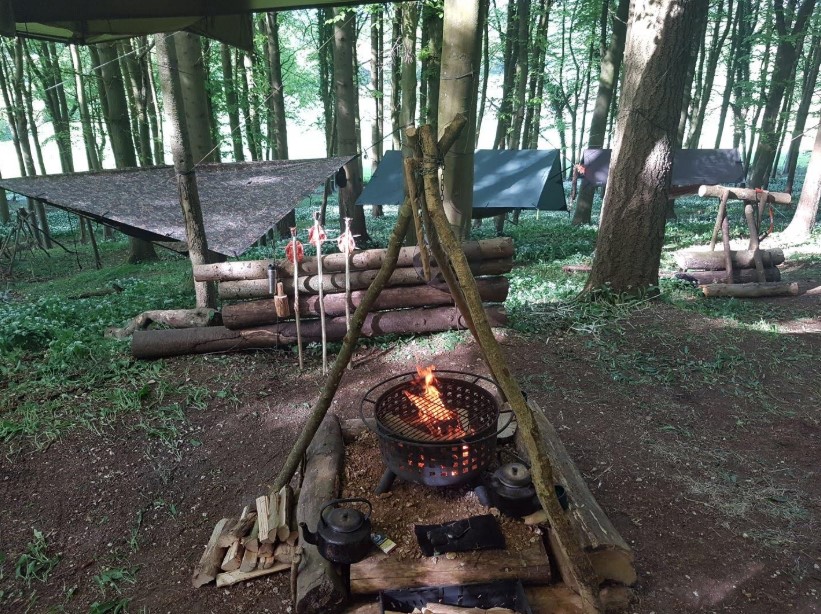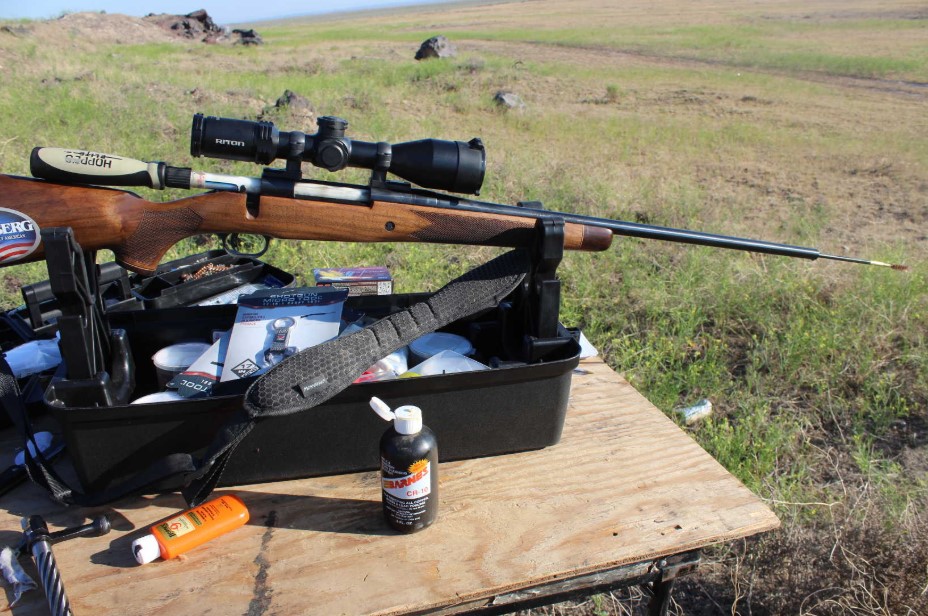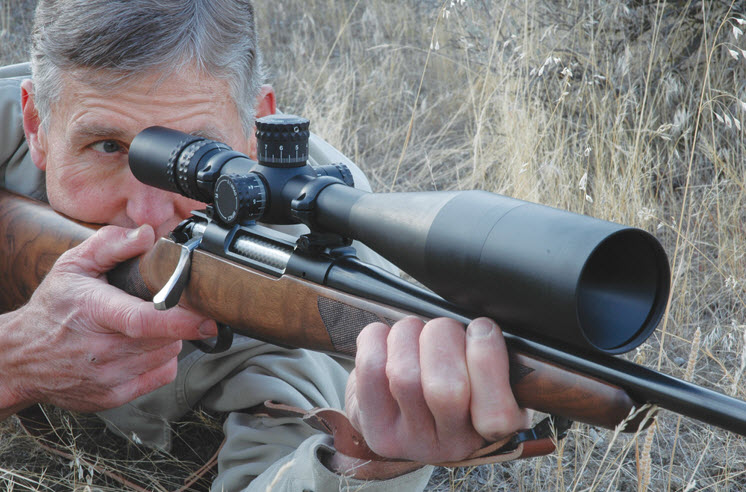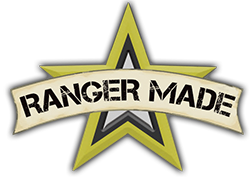
If you’re thinking about buying a pellet gun, you should keep on reading for finding out the essential aspects of pellet guns. The benefits, the definition, the safety rules, and everything related to pellet guns is right below.
Page Contents
- What’s a pellet gun?
- What are the advantages of pellet guns?
- When should one use a pellet gun?
- Are there many kinds of pellet guns?
- Which ammunition do you need for pellet guns?
- What’s the story with BB?
- Pellet gun or BB gun? Which one works better?
- Which safety rules you should follow when using a pellet gun?
- What’s the best way to clean and take care of pellet guns?
- One last piece of advice before you go shopping
- Further reading
What’s a pellet gun?
The pellet gun is a rather small arm that pushes out pellets, using the high-pressure compressed air/other gas, through an exothermic chemical reaction. You can find pellet guns as handguns or rifles.
Pellet guns are propelling spherical BBS, non-spherical pellets, or metallic projectiles, with some of the pellet guns even shooting darts or arrows.
More often than not, the shape of pellets, the powerplant, and the rifled barrels makes the pellet guns more precise than BB guns.
Anyone can use a pellet gun: entry-level shorts, athletes, hunters, experts, plinkers, and even young shooters.
What are the advantages of pellet guns?

The popularity of pellet guns is no surprise to anyone since they present a lot of functions and come with many benefits for the users.
It’s pretty standard for people to use pellet guns regularly, and more and people turn to pellet guns for many reasons. Here are the main advantages:
- Ease of use
Shooting a pellet gun is a breeze which is why so many use pellet guns in the first place. No matter your level of experience, a pellet gun is always going to be easy to use.
Besides, pellet guns are rather lightweight, which gives any shooter more mobility for performing better.
- Precision
Another essential benefit of pellet guns is their precision. However, you must pay attention when buying, since not all pellet guns are going to provide you the accuracy you’re looking for.
- Silent operation
One reason for which many like the pellet guns is the quiet operation. It’s an essential feature that hunters appreciate. Should you not hit your aim from the first time, the risk for frightening off your game is lower when using a pellet gun.
- It cocks straightforward
A high-quality air gun is going to cock rather smooth, with traditional pellet guns being direct to cock. It doesn’t mean that there aren’t pellet guns that may require more upper body strength for cocking.
When should one use a pellet gun?
There are many situations when pellet guns make the right choice:
- Pest control and rodent hunt
Rodent hunt and pest control are where pellet guns stand out. Birds, mice, rabbits, squirrels, and other small animals fall within the category, with people protecting their home with pellet guns.
- Plinking
Also known as recreational shooting, plinking is about shooting at various targets (cans, logs, bottles, or anything that works as target) just for fun.
- Target shooting
Pellet guns make a dependable optio for target shooting while practicing alone or competing in a professional field. Field target is, in fact, another form of target shooting.
- Small game hunting
Pellet guns are also used in little game hunting, with industry experts considering the pellet gun as a fantastic weapon to hunt small game. You can use it for hunting squirrels, dove, duck, quail, rabbit and anything similar.
- For competitive sports
It’s also common for people to use pellet guns as original equipment in various competitive sports. The 10m Air Pistol and Olympic 10m Air rifle events are only some to name.
- For military professionals
Pellet guns are so high that even enforcement and the army authorities are using them for controlling the crowds in a non-lethal way.
Are there many kinds of pellet guns?
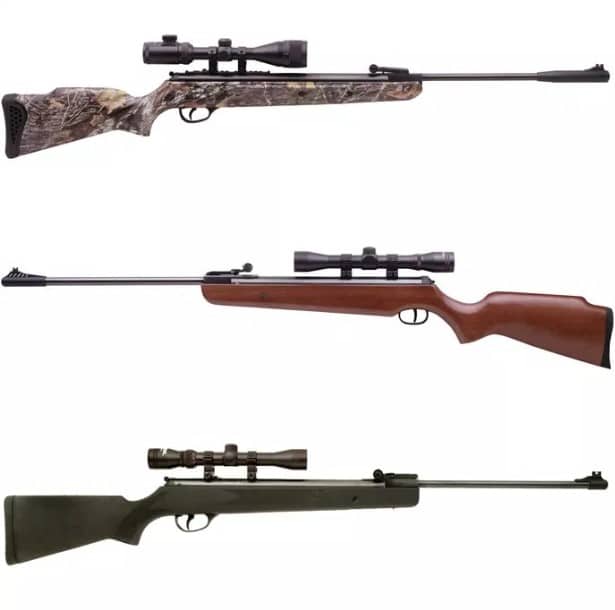
If you’re planning to buy a pellet gun, you should also know a thing or two about the types of pellet guns out there. Even if there are only two main kinds of pellet guns, it’s useful to know some things about each of them.
- Rifles
Pellet rifles are helpful in all sorts of activities, from hunting small game or pests to shooting targets in your backyard.
You should pick the caliber that works best for every situation:
- Target shooting- .177 caliber is a good choice
- Hunting- .22 caliber air rifle is the most appropriate option
- Competition air rifles- most of the time, a .177 caliber is what works best
- Pest control/small game- go with .22 or .177 caliber
- Handgun
Pellet handguns come with a lower price than the air rifles. Many people working in the industry think that pellet pistols are a fundamental piece of equipment for any air gunner. They ensure high mobility and are extremely versatile, which explains their popularity.
Pellet handguns are a reliable option when plinking, hunting pests, and even for competitions.
Which ammunition do you need for pellet guns?
Anyone planning to use a pellet gun shortly should also do due diligence about the ammunition to use with a pellet gun.
Most of the time, pellets come with diabolo shape, which means that the rear and the front areas present a larger diameter than the middle part of the pellet. It’s not a mistake, and it’s supposed to be that way since it helps lower the friction between the barrel and the pellet.
It’s also typical for pellet gun projectiles to feature a hollow base that is commonly larger in diameter, with a smaller front section. The design helps the skit to seal the bore against the pressure. The pressure forges the bottom of the pellet once the friction on the head isn’t too high.
The velocity of the pellet relates to the weight of the projectile. The heavier the pellet is, the lower is going to be the speed. It’s also important to mention that the heavy pellets to maintain the velocity a lot more efficiently since they present high ballistic coefficients.
As for materials, most pellets are made from tin or anything similar with steel-tipped plastic.
What’s the story with BB?
The BB is a single kind of round steel projectile, and it used to be the most popular air gun ammunition. Typically, the BB is made of steel and has zinc or copper plating, with 4.5mm/177″ the most common diameter.
BB ensures impressive precision for air guns at short distances, but they need to be fired from the appropriate BB gun (since they have smoothbore barrels).
You cannot fire the BBs from the rifled barrels because they’re made of steel. They’re undersized and are smaller than 4.4mm. Big sized BBs may jam the bore rather easily. It’s why BBs don’t present spin stabilization which is essential for long-range precision.
You may use the BBs for indoor or outdoor plinking, whereas some dedicated air gunners also use them for practice. A part of shotgunners use sightless BB rifles for their instinctive shooting (in practice).
Pellet gun or BB gun? Which one works better?
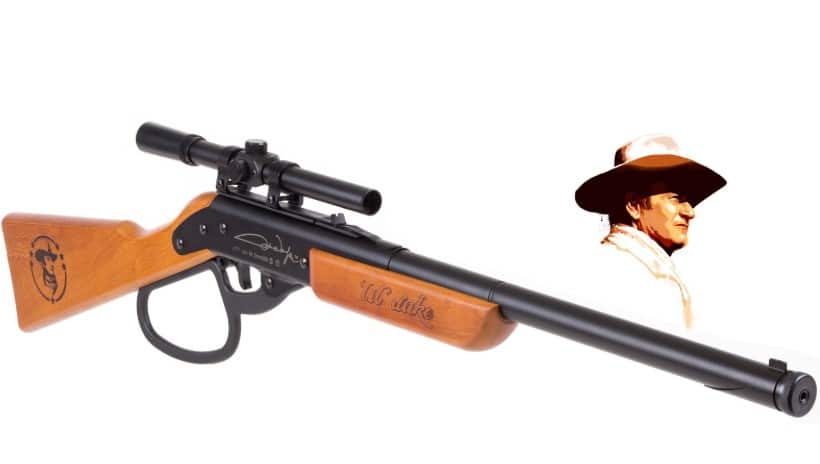
Even if pellet guns and BB guns are similar in some ways, they also share some differences.
- Utility
The size and shape of pellet recommend it for hunting small game and pests, but you can also use it for target range practice.
By contrary, BB guns are used for practice sessions nine times out of ten. Beginners can use them for practicing at close range, though.
- Variety of powerplants
It’s not difficult to find various powerplants for pellet guns (pump, CO2, pre-charged-pneumatic, spring), whereas BB guns are CO2 powered nine times out of ten.
- The ammunition
The type of ammo you use for each of these guns is also different, with pellets looking slightly pointed or present an arrowhead shape. In the case of BBs, you only have to deal with steel balls.
- Safety
One may think that pellet guns are harmless, but it couldn’t be further than the truth. Pellet guns can be lethal when not used correctly. Since the air guns use expanding force of compressed air when pushing the pellet out of the barrel, it’s normal that they become lethal when not used properly.
You may also think that pellet guns are new, but you should know that they have been around since Napoleon wars (which is centuries ago).
Technological innovations have never stopped and create higher muzzle speed of pellet guns, which also improves the penetrating power of pellet guns. With the critical velocity for penetration of human skin by an air gun pellet ranging between 38 to 70m/sec, it’s understandable why injuries from air guns can become fatal.
You should always take safety cautions when using pellets guns. Never use a pellet gun unless you’ve read and understood the instruction manual of the gun you’re planning to use.
Which safety rules you should follow when using a pellet gun?
Here are some rules to keep in mind when using a pellet gun:
- Always store your firearm unloaded and only load it before you shoot
- Wear dependable shielding eye protection when using a pellet gun
- Keep the finger off the trigger when you’re not aiming at the target
- Always use common sense when using the pellet gun. Don’t play with it, don’t point it loaded/unloaded at another person or anything else. You should only point/aim when planning to shoot at something.
What’s the best way to clean and take care of pellet guns?
With air gun barrels getting dirty (they collect dirt in the bore), it makes sense that you need to clean the pellet gun regularly. It’s the lubricant in the bore which attracts most dust, altering the performance after some time.
Air guns that have high velocity and hard pellets may also deposit lead in the bore. It sounds incredible, but some pellet guns may reach 900fps so that pellets may leave some lead in the bore. Hard pellets are known for leaving streaks.
Cleaning is not mandatory in the case of pellet guns (some professionals don’t even do it). However, if you do it, at least do it correctly. Here are the steps to follow when cleaning your pellet gun:
- Run a couple of clean patches through the bore for removing any dirt
- Clean the air gun from the breach, in a gentle way. You have to protect the rifling at the muzzle, with damage altering the gun’s precision
- Try to stay away from solvent when cleaning your pellet gun. You can do an excellent job with only some lubricant/oil on the patch. Always use the lubricant that the manufacturer recommends.
- Once you’re done with the cleaning, you need to dry the bore. If you plan to store your pellet gun for some time, you should use an effective gun oil, spreading it over the bore and store it afterward.
When you’re not happy with your pellet gun’s performance, the chances are that some lead as built up in the bore. You have to remove it correctly, so you may have to seek professional help.
Here’s how a professional is going to do it:
- He/she is going to use a brass/bronze brush for removing the lead
- He/she may continue with scrubbing back and forth
It’s also important to mention that you only have to clean the bore when you know for sure that there’s lead built up. Cleaning it may ruin the bore for good.
One last piece of advice before you go shopping
If you’re reading this, it means you know a bit more about pellet guns. It’s one thing to know the basics, and another one to select the right pellet gun for your needs.
With pellet guns’ history going way back in the 15th century, one can only understand why there are so many models on the market as we speak.
Pellet guns have gone through many changes over the centuries so that they respond to user’s needs and requirements. The modern manufacturers never cease to design and develop better models, keeping up with the always-changing standards of their consumers.
Further reading
A Comprehensive Guide To The Pellet Gun
How to choose an airgun – Straight Shooters Precision Airguns
Advice for Choosing the Proper Pellets for an Accurate Air Rifle
Beginners’ Guide to Choosing the Right Gun for Small Game Hunting

